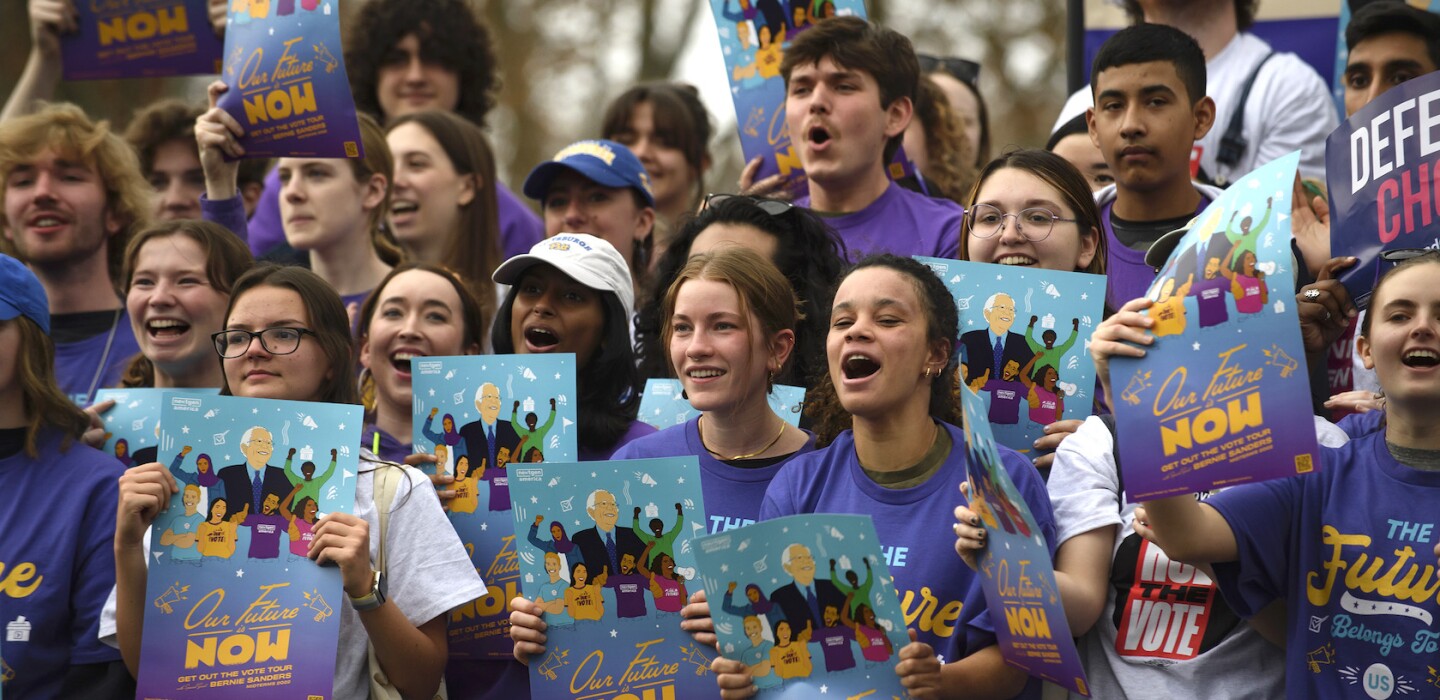Young Voters Are Reshaping Global Politics: 2025 Elections Mark a Major Turning Point

What Just Happened?
In a powerful global trend during 2025, young voters under the age of 35 have played a decisive role in multiple national elections, influencing everything from policy focus to party leadership changes.
Countries including France, India, Indonesia, South Korea, Brazil, and the United States have seen record-breaking voter turnout among Gen Z and Millennials. This wave of participation is not only altering outcomes, but reshaping how politicians campaign, what policies get prioritized, and how political communication works in a digital-first world.
Why Is This So Significant?
This is the first time in modern history where voters under 35 form the largest share of the global electorate. With many Baby Boomers aging out of the active voter population, younger generations now hold the key to forming governments, and they’re voting with different priorities.
Top concerns among younger voters include:
- Climate change and environmental sustainability
- Economic inequality and housing access
- Mental health services
- Digital rights and AI regulation
- Political accountability and anti-corruption
Unlike past generations, they are less loyal to traditional parties, more focused on policies, and quicker to organize or cancel support based on performance.
Case Study: France
In April 2025, France saw its youngest-ever voter turnout, with nearly 71% of citizens aged 18–34 casting ballots. The outcome?
A left-green coalition swept parliamentary seats in urban regions after running a campaign focused on affordable housing, renewable energy jobs, and transparency in AI surveillance policies.
Political analysts say the youth vote flipped at least 56 key districts, a margin that made all the difference.
Case Study: India
India's general elections in early 2025 were heavily influenced by first-time voters. Over 150 million citizens aged 18–25 registered this cycle.
Key issues included:
- Education reform and employment
- Internet freedom and censorship laws
- Climate-related migration and infrastructure
Independent candidates and newer parties gained surprising traction in tech hubs like Bangalore, Pune, and Hyderabad, often with no television ads, but massive engagement on platforms like WhatsApp, YouTube, and X.
How Are Campaigns Changing?
Politicians are realizing that reaching young voters requires a completely different approach.
- Traditional TV ads are being replaced by short-form videos, memes, and livestreams.
- Influencers and podcasters now have more reach than newspapers or legacy anchors.
- Campaigns are leaning heavily on AI-driven targeting, personalized issue matching, and real-time Q&A sessions on platforms like TikTok Live and Instagram.
Instead of long debates, politicians are doing 15-minute town halls on Discord, or answering voter questions on Reddit threads.
This shift isn’t just about tech. It’s about tone. Young voters value authenticity, relatability, and consistency more than polished speeches or celebrity endorsements.
The Rise of Independent and Youth-Led Movements
Many young voters feel disconnected from traditional political parties altogether. That’s leading to a surge in:
- Independent candidates under 30 gaining local seats
- Youth coalitions forming cross-issue voting blocs
- Digital-first political startups helping mobilize voter bases without party backing
In Brazil, a 29-year-old environmental activist won a senate seat after campaigning solely through social media and grassroots meetups. In Germany, a student-led group successfully forced national debate on AI ethics legislation.
What Challenges Remain?
While the momentum is clear, challenges still exist:
- Voter suppression and disinformation continue to target youth-heavy regions.
- Algorithmic bias can trap young users in echo chambers, reducing healthy debate.
- Burnout and cynicism rise when change feels too slow, even after successful voting.
Some governments are also attempting to restrict youth-led protests and reduce access to civic tech platforms, raising concerns about digital rights and freedom of assembly.
What You Should Know
- Young voters are now the largest political force globally.
- They are issue-driven, tech-savvy, and demanding new levels of transparency.
- Politicians and political systems are adapting, or losing ground quickly.
- The 2025 elections are being called a generational turning point in global politics.
The Bottom Line
Democracy is changing, not because of new rules, but because of new voices. The energy, urgency, and expectations of young voters in 2025 are reshaping who gets elected, how leaders speak, and what issues matter.
If governments want to stay relevant, they must listen. Because the youth vote is no longer just a future force. It’s here. It’s organized. And it’s deciding the world’s direction, now.